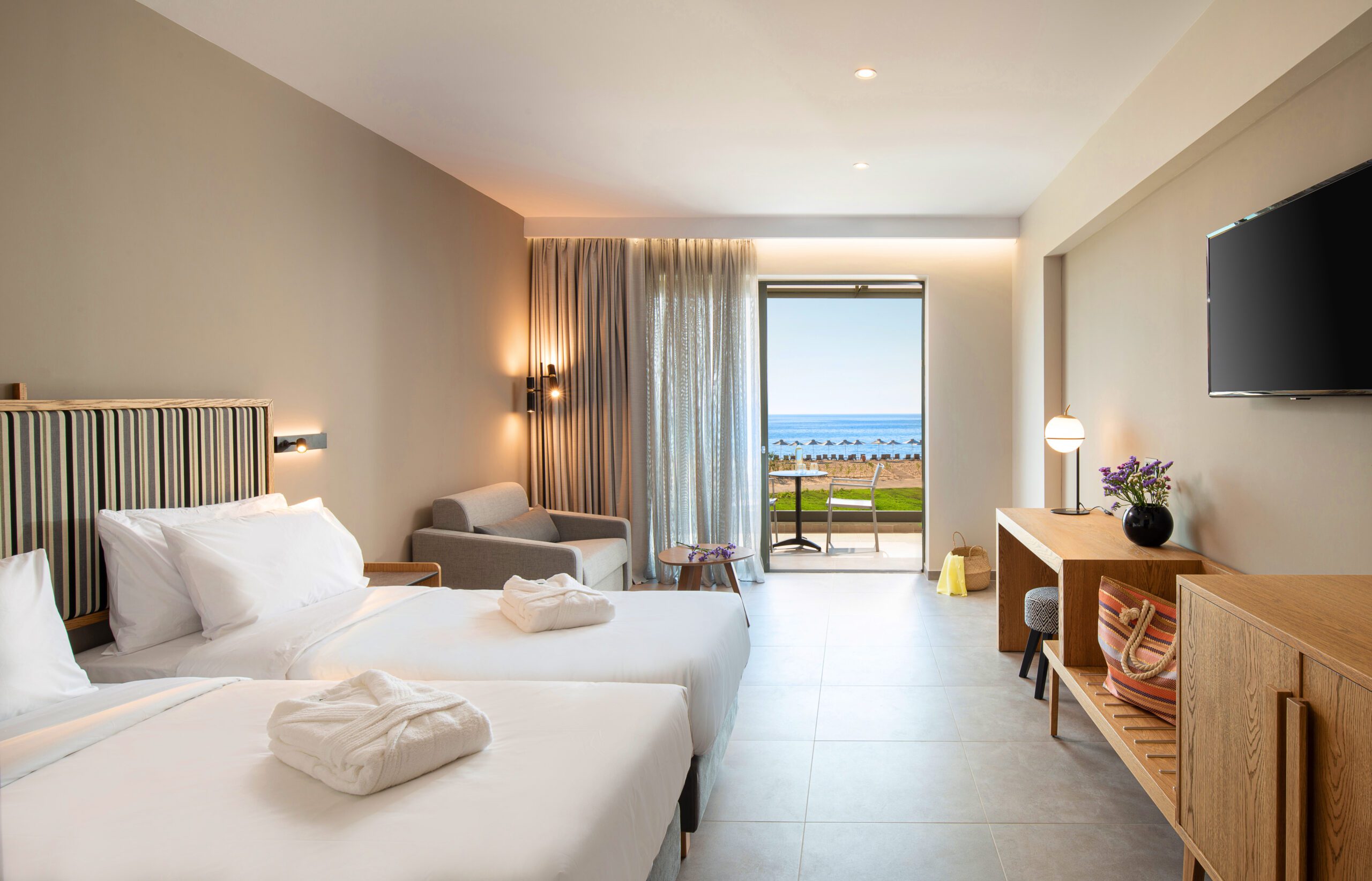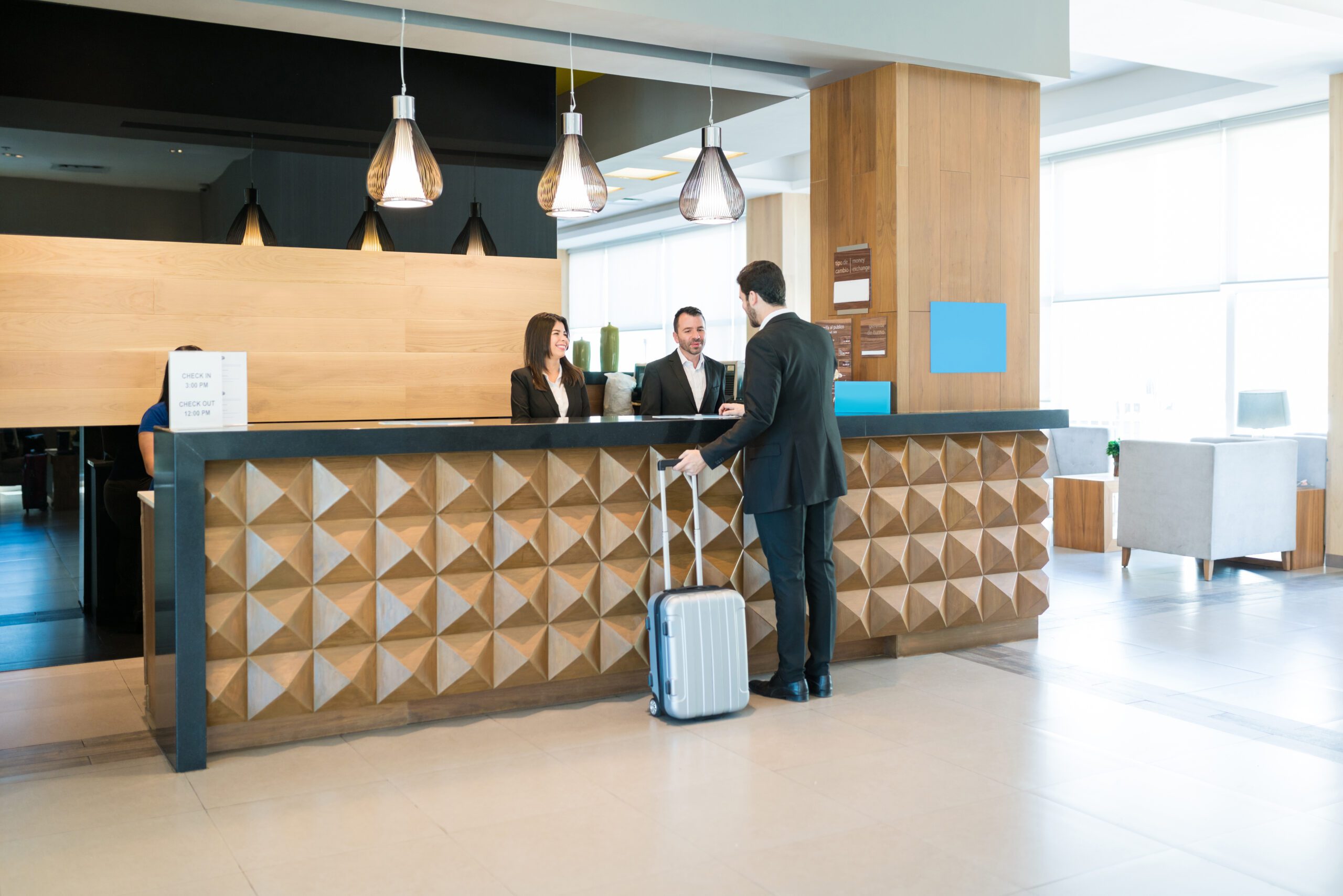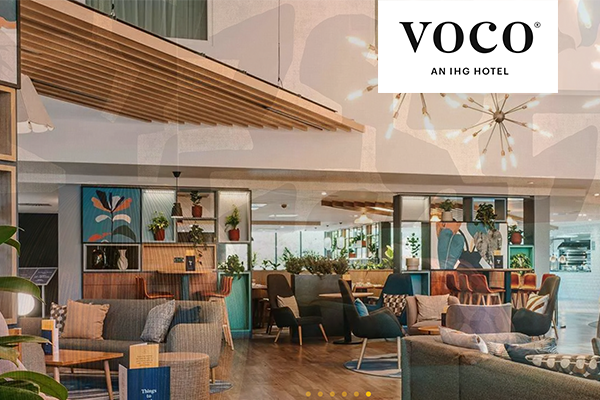
Across the hospitality sector, Net Zero used to be something you read about in corporate sustainability statements, often filed away somewhere under “future priorities”. But for hotel operators today, it’s fast becoming a present-day operational challenge, and not just because of looming deadlines or compliance pressure.
From skyrocketing energy prices to evolving guest expectations and ESG reporting demands, Net Zero is no longer just a target, it’s a driver for how hotels are being built, run, and even reviewed.
So, what does that mean on the ground for GMs, Facilities Directors, and Ops teams?
Let’s unpack it.
Net Zero is Moving from the Boardroom to the Boiler Room
Net Zero commitments are making their way from investor decks into real-life operational decisions. For hotels, this means rethinking everything from energy use and HVAC timing to lighting automation and maintenance scheduling. But there’s a problem, most inefficiencies are hidden. In fact, studies show that up to 30% of energy used in commercial buildings is wasted, often due to poor scheduling, outdated systems, or simple visibility gaps.
What This Looks Like in Practice
Here are 3 key ways Net Zero ambitions are starting to reshape hotel operations:
1. Monitoring First, Investing Later
Before you spend on shiny new equipment, the smartest move is to measure what’s actually happening.
Energy monitoring systems now help hotels uncover when and where energy is being wasted, sometimes during periods when areas are unoccupied or equipment is idle.
Pro tip: If you’re not sure where to begin, start with submetering for kitchens, HVAC zones, or conference areas, it often reveals unexpected trends.


2. Automation and Control are Becoming Essential
Smart controls are no longer a nice-to-have. Motion-based lighting, timed HVAC cycles, and load shifting strategies are all now standard in energy-conscious hotels.
The trick isn’t just installing the tech, it’s configuring it correctly and maintaining it over time.
Pro tip: Run seasonal reviews of automation settings. Guest behaviours change, and so should your energy plan.
3. Facilities Teams are Taking a Data-Led Role
Facilities and engineering teams are increasingly responsible not just for keeping systems running, but for contributing directly to sustainability metrics.
That means knowing their building’s energy profile better than ever before.
Pro tip: Bring ops and sustainability teams into the same room. Alignment here makes planning and reporting far smoother.

A Real-World Example: Holiday Inn, Stevenage
When we partnered with the Holiday Inn in Stevenage, the first step wasn’t installing anything, it was monitoring and then delivering a full spectrum solution. By this process, the hotel was able to make a simple operational change that led to a 27+ tonnes of CO₂ reduction, every single year. All without compromising guest comfort, aesthetics, or services.
Want to Start Mapping Your Net Zero Roadmap?
Whether your Net Zero targets are 2025, 2030, or 2050, the operational shift begins now.
We’ve put together a simple Sustainability Roadmap Checklist to help your hotel team get started with clarity.











